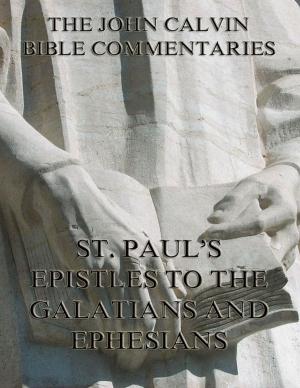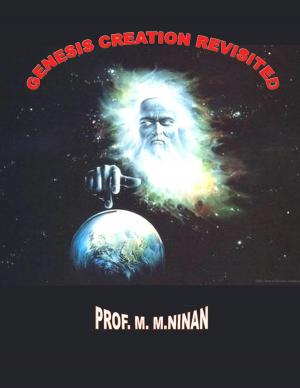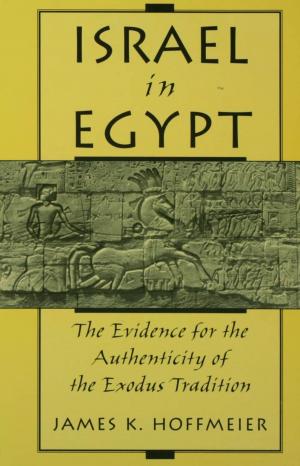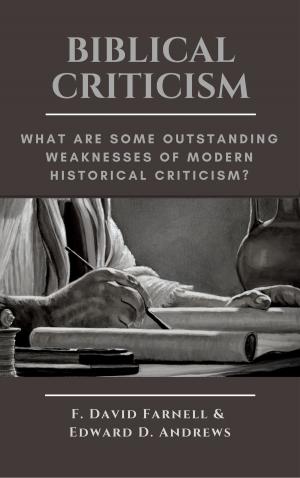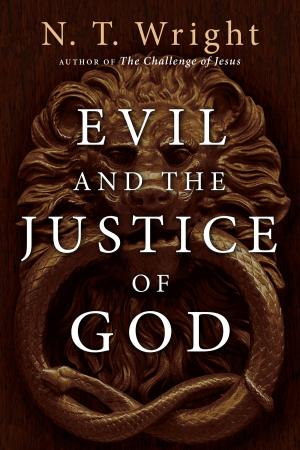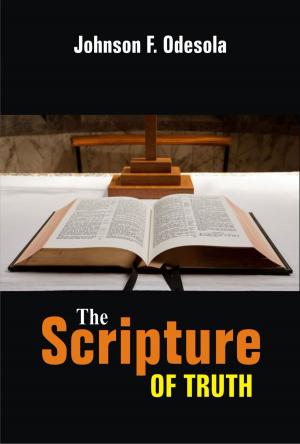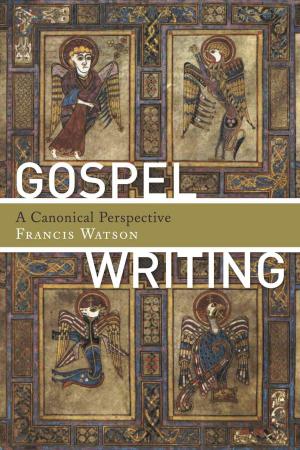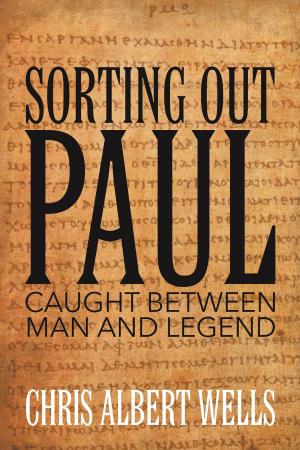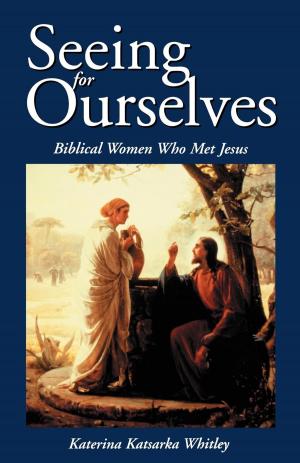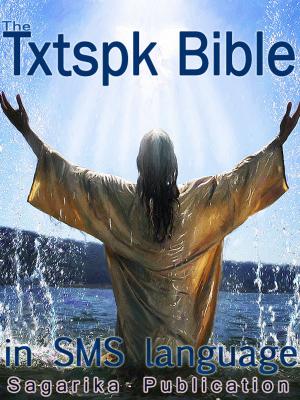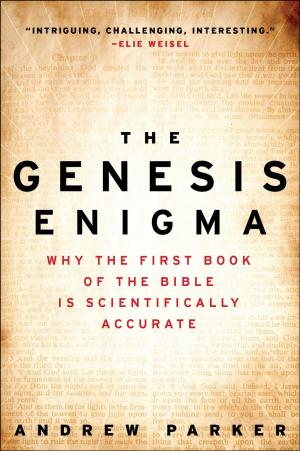Understanding Biblical Inerrancy
Nonfiction, Religion & Spirituality, Bible & Bible Studies, Hermeneutics, Criticism & Interpretation| Author: | L. Russ Bush III | ISBN: | 9781301399055 |
| Publisher: | L. Russ Bush III | Publication: | July 16, 2013 |
| Imprint: | Smashwords Edition | Language: | English |
| Author: | L. Russ Bush III |
| ISBN: | 9781301399055 |
| Publisher: | L. Russ Bush III |
| Publication: | July 16, 2013 |
| Imprint: | Smashwords Edition |
| Language: | English |
A major element of historic Christian belief about Scripture has been the doctrine of biblical inerrancy. Many theologians and Bible teachers today, however, seem to be uncomfortable with the concept of biblical inerrancy. The term is subject to misunderstanding, of course, but even the term “Christian” is subject to misunderstanding; nevertheless, we continue to use the term “Christian” without hesitation. We simply define the term properly and then use it correctly. Many important theological terms–such as election, or depravity, or missions–continue to be used despite semantic controversy that may and does arise. Semantic problems relating to “inerrancy” may also be overcome if misunderstanding concerning definitions or word usage is really the only problem.
Dr. Bush spent one-half of his life teaching in the Southern Baptist seminaries. Before that time, he was himself a student: about one-third of all his student days were given to theological studies. He talked about the Bible with literally thousands of students, colleagues, and Christian friends, and read many expositions of the doctrines of our Christian Faith by careful theological writers. His dialogs with students and others encouraged him to write out some of his own views on this rather controversial subject.
Therefore, in these pages he set forth his understanding of the “Scripture principle” that undergirds orthodox Christian beliefs. Dr. Bush offers these thoughts in the hope that those who seek the truth may find common ground in a common commitment to Christ who is made known to us through God’s truthful Word, the Holy Scripture.
Keep your Bible open as you read these pages so that you can look up the many references that are cited in the text. Reading those verses will clarify much of what is written here, and it will help you evaluate what is written. After all, it is what Scripture says, not anyone else's views and opinions, that finally matters. In every case, the points are made by citing a biblical reference assuming that readers will in fact look up the verse and think about the context and the full meaning of the cited references.
As Baptists have so often confessed: The Bible is a perfect treasure of divine instruction. It reveals the principles by which God judges us, and therefore the Bible is, and will remain until the end of the world, the true center of Christian union.
A major element of historic Christian belief about Scripture has been the doctrine of biblical inerrancy. Many theologians and Bible teachers today, however, seem to be uncomfortable with the concept of biblical inerrancy. The term is subject to misunderstanding, of course, but even the term “Christian” is subject to misunderstanding; nevertheless, we continue to use the term “Christian” without hesitation. We simply define the term properly and then use it correctly. Many important theological terms–such as election, or depravity, or missions–continue to be used despite semantic controversy that may and does arise. Semantic problems relating to “inerrancy” may also be overcome if misunderstanding concerning definitions or word usage is really the only problem.
Dr. Bush spent one-half of his life teaching in the Southern Baptist seminaries. Before that time, he was himself a student: about one-third of all his student days were given to theological studies. He talked about the Bible with literally thousands of students, colleagues, and Christian friends, and read many expositions of the doctrines of our Christian Faith by careful theological writers. His dialogs with students and others encouraged him to write out some of his own views on this rather controversial subject.
Therefore, in these pages he set forth his understanding of the “Scripture principle” that undergirds orthodox Christian beliefs. Dr. Bush offers these thoughts in the hope that those who seek the truth may find common ground in a common commitment to Christ who is made known to us through God’s truthful Word, the Holy Scripture.
Keep your Bible open as you read these pages so that you can look up the many references that are cited in the text. Reading those verses will clarify much of what is written here, and it will help you evaluate what is written. After all, it is what Scripture says, not anyone else's views and opinions, that finally matters. In every case, the points are made by citing a biblical reference assuming that readers will in fact look up the verse and think about the context and the full meaning of the cited references.
As Baptists have so often confessed: The Bible is a perfect treasure of divine instruction. It reveals the principles by which God judges us, and therefore the Bible is, and will remain until the end of the world, the true center of Christian union.


